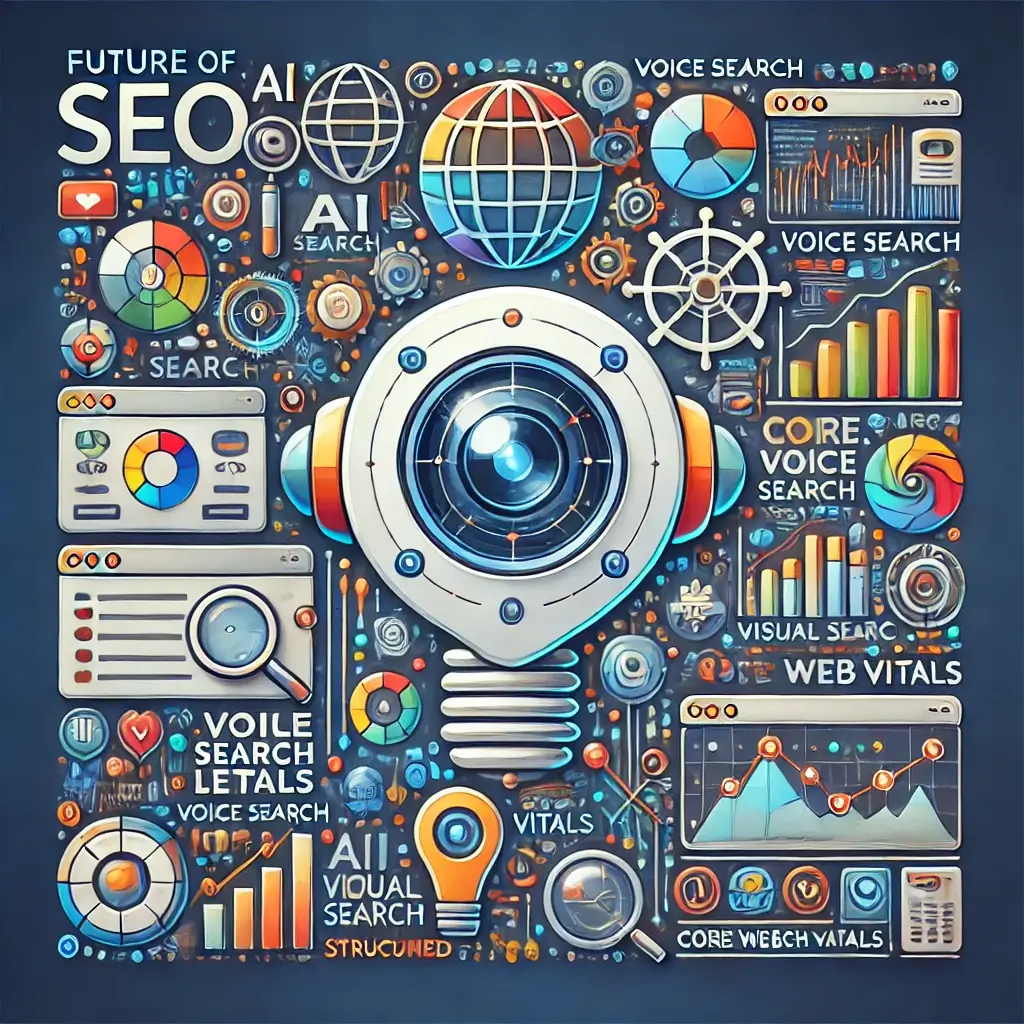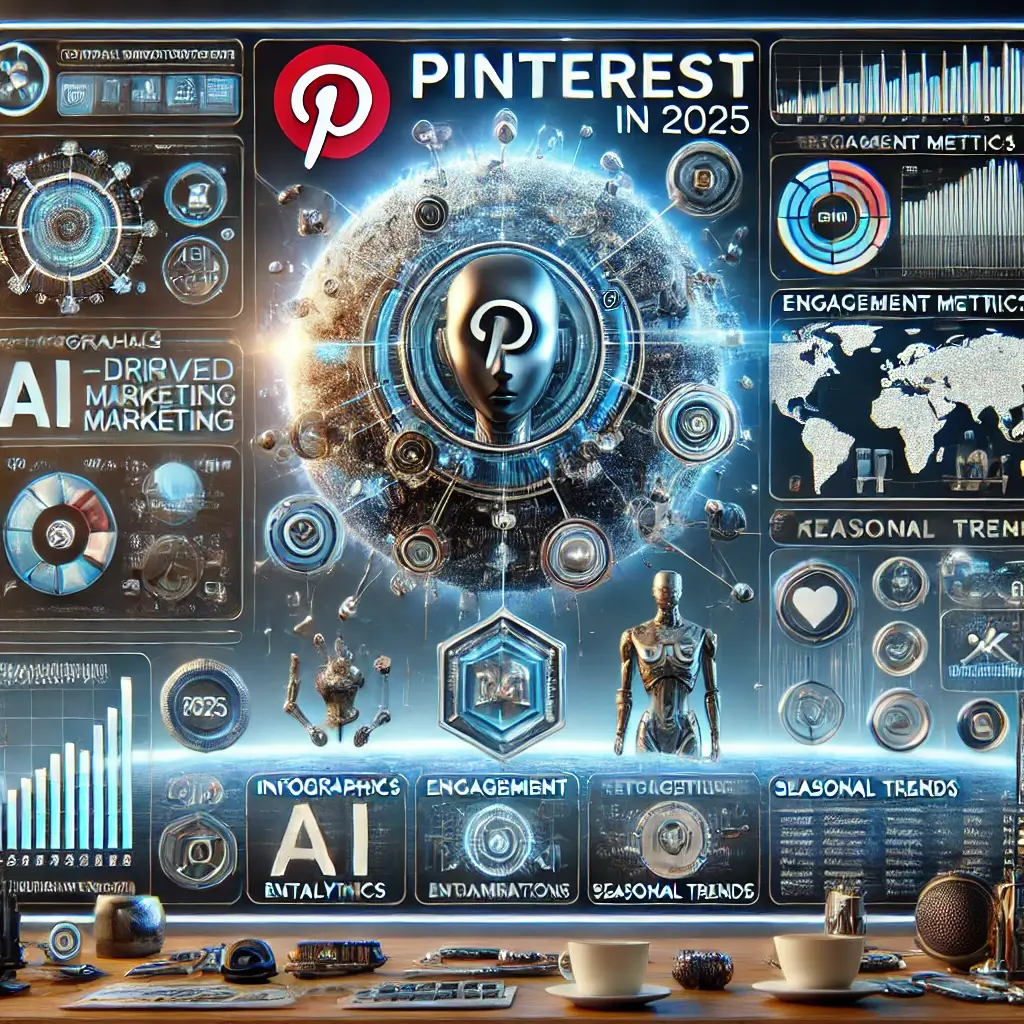The Rise of AI in Content Curation
In the digital era, content curation has emerged as a cornerstone for brand visibility and engagement. The introduction of artificial intelligence (AI) into this domain marks a transformative shift, allowing businesses to curate personalized and high-quality content with unprecedented precision. According to Statista, by 2025, AI-driven content curation is expected to dominate digital marketing strategies, ensuring brands remain competitive in an increasingly crowded market (Statista, 2024).
Benefits of AI-Powered Content Curation
For businesses, leveraging AI-powered tools offers more than just efficiency—it’s a pathway to understanding audience behavior and crafting narratives that resonate deeply. AI-driven curation combines data analytics with creativity, optimizing how content is gathered, sorted, and presented. This technology empowers marketers to sift through vast amounts of data, identify emerging trends, and tailor content strategies to audience preferences. Reports from HubSpot emphasize that marketers using AI see a 20% improvement in campaign performance due to better audience targeting (HubSpot, 2024).
Article Purpose and Structure
This article explores best practices for AI-driven content curation, focusing on setting objectives, utilizing advanced AI algorithms, and optimizing content distribution. Practical examples and tools will provide actionable insights, ensuring readers are equipped to harness AI’s full potential in their strategies.
Leveraging AI: Best Practices Overview
Leveraging AI: Best Practices
Define Clear Objectives for Success
Success in AI-driven content curation starts with clarity. Whether the goal is to increase website traffic, improve social media engagement, or enhance customer education, tools like Curata and Scoop.it align AI capabilities with strategic goals. Clearly defined objectives ensure that AI tools can deliver results that match business needs.
Example of Successful Implementation
Example: A SaaS company integrated AI tools to curate weekly insights, driving a 25% increase in organic traffic within six months. The alignment of curated content with audience interests played a critical role in achieving these results.
Utilizing Advanced Algorithms
Natural language processing (NLP) and machine learning algorithms are integral for identifying trends and user interests. Tools like BuzzSumo and Feedly deliver real-time insights, ensuring curated content remains timely and relevant. Research from BuzzSumo shows that curated content based on trending topics can boost engagement by up to 30% (BuzzSumo, 2024).
Case Study: Algorithm Implementation
Case Study: A global marketing agency used BuzzSumo to identify top-performing articles, boosting social media engagement by 30% after implementing curated posts. By leveraging AI insights, the agency was able to refine its content strategy effectively.
Ensuring Content Diversity
AI ensures a rich mix of content types, from blogs to infographics and videos, catering to diverse audience preferences. Outbrain, for instance, provides tailored recommendations to keep content offerings engaging. Ensuring diversity prevents audience fatigue and promotes consistent engagement.
Retail Example of Content Diversity
Example: An online retailer leveraged Outbrain to combine educational blogs with interactive videos, achieving a 20% increase in customer retention. By varying content formats, the brand maintained audience interest and loyalty.
Optimizing Timing and Platform Selection
Timing is critical for content visibility. AI-powered scheduling tools like Hootsuite analyze audience activity to identify optimal posting times, ensuring maximum reach. Research highlights that posts shared at peak engagement times see a 50% increase in visibility (Hootsuite, 2024).
Fashion Retailer Case Study
Case Study: A fashion retailer’s use of Hootsuite’s AI scheduling led to a 40% spike in engagement and a 15% rise in website traffic. These improvements were attributed to precise timing and platform targeting.
Conclusion: The Future of AI in Marketing
AI-driven content curation is not just a trend but a necessity in modern marketing. By defining objectives, leveraging advanced algorithms, maintaining diverse content, and optimizing distribution, businesses can stay ahead. Statista projects that AI will play a pivotal role in shaping marketing strategies by 2025, with brands that adopt AI gaining a competitive edge (Statista, 2024).
Call to Action for Marketers
Marketers must embrace AI to thrive in an increasingly digital landscape. As technology evolves, integrating AI-driven strategies will determine success, enabling businesses to deliver value and connect meaningfully with their audiences.
References
References
HubSpot Reference
HubSpot. “The Benefits of AI-Powered Content Curation.” Published 2024. Link
BuzzSumo Reference
BuzzSumo. “How AI Enhances Content Discovery.” Published 2024. Link
Statista Reference
Statista. “Trends in AI-Driven Content Marketing for 2025.” Published 2024. Link
Hootsuite Reference
Hootsuite. “Optimizing Content Timing with AI.” Published 2024. Link




